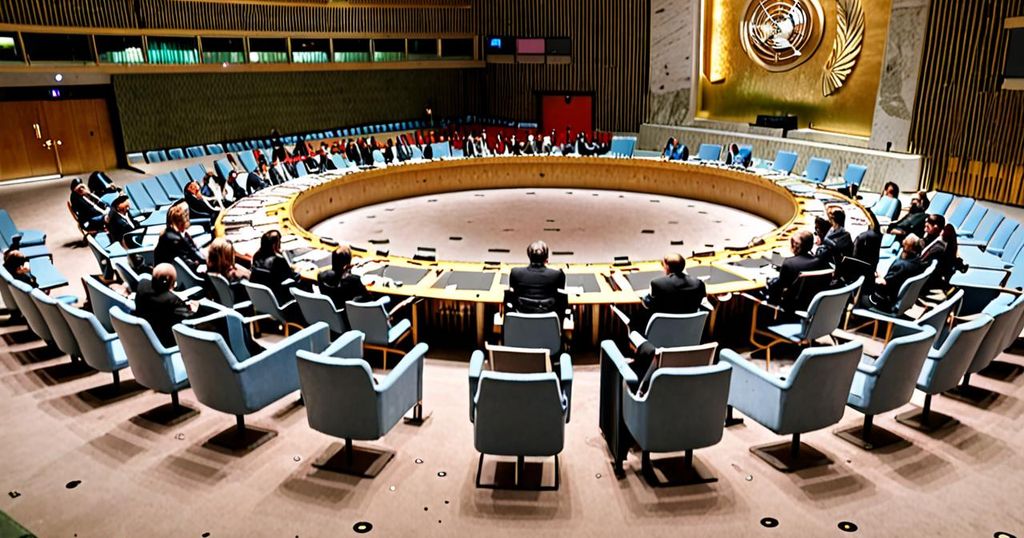The recently concluded United Nations Universal Periodic Review (UPR) has indicated that the Singaporean government did not fully embrace recommendations aimed at upholding fundamental human rights. The government cited the unsuitability of these recommendations for the national context as the reason for their rejection. This has raised concerns and prompted calls from human rights advocates for continued pressure from the international community to ensure adherence to universal human rights and international standards.
The UPR outcome is scheduled to be adopted on September 30th or October 1st during the 48th session of the United Nations Human Rights Council. Out of the 324 recommendations received from UN member states, the government accepted 230, accounting for 70%. However, a significant number of crucial recommendations were declined, with the government arguing that they were based on unfounded assertions or inaccurate information.
Advocacy groups such as FIDH and Function 8 have urged the government to take immediate action in implementing the rejected recommendations and aligning them with international human rights standards.
An analysis of the government’s response to selected human rights issues reveals critical areas where the government has failed to demonstrate commitment:
Death Penalty
The government rejected 17 recommendations regarding the abolition of capital punishment and the ratification of international covenants. The government’s justification for retaining capital punishment for drug-related offenses contradicts UN human rights monitoring mechanisms, which do not consider these offenses as the “most serious crimes.”
Ratification of Human Rights Treaties
The government declined 14 recommendations calling for the ratification of key international human rights treaties, arguing that Singapore’s “outcomes” were already in compliance with the objectives of these treaties. However, numerous laws in the country, such as the Public Order Act and the Protection from Online Falsehoods and Manipulation Act, are inconsistent with international human rights standards.
Freedom of Expression, Peaceful Assembly, and Association
Fifteen recommendations related to freedom of expression, peaceful assembly, and association were not accepted by the government. This includes the resistance to amend laws that restrict media censorship and the exercise of these rights by civil society. The Internal Security Act, allowing indefinite detention without trial, remains unchanged despite recommendations for its revision or repeal.
Refugees and Asylum Seekers
The government rejected a recommendation for effective access to asylum seekers, citing Singapore’s status as a small city-state. It also failed to accept three recommendations for Singapore to accede to the 1951 Refugee Convention.
LGBTI Rights
All 16 recommendations to eliminate discriminatory laws based on sexual orientation and gender identity were not accepted. This includes the repeal of Article 337A of the Penal Code, which criminalizes consensual same-sex relations. Despite the government’s claim that this provision is not enforced, the existence of such a law raises questions about its necessity.
National Human Rights Institution (NHRI)
The establishment of an NHRI in accordance with the Paris Principles did not receive the government’s support. Instead, the government highlighted the Inter-Ministry Committee on Human Rights (IMC-HR) as a mechanism that “engages civil society.” However, the IMC-HR lacks impartiality and independence, failing to comply with the Paris Principles.
Cooperation with UN Special Procedures
A recommendation for Singapore to extend a standing invitation to UN special procedures for a country visit was not accepted by the government.
The failure of the Singaporean government to commit to vital human rights recommendations has raised concerns among human rights advocates and the international community. The lack of acceptance for these recommendations calls into question the country’s adherence to international human rights standards. It is crucial for the government to reconsider its stance and take necessary steps to uphold fundamental human rights and meet international obligations.

Leave a Reply